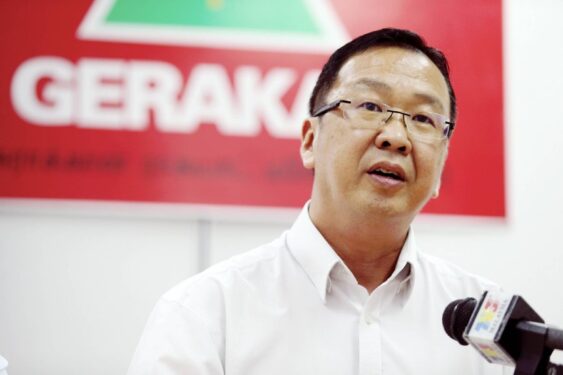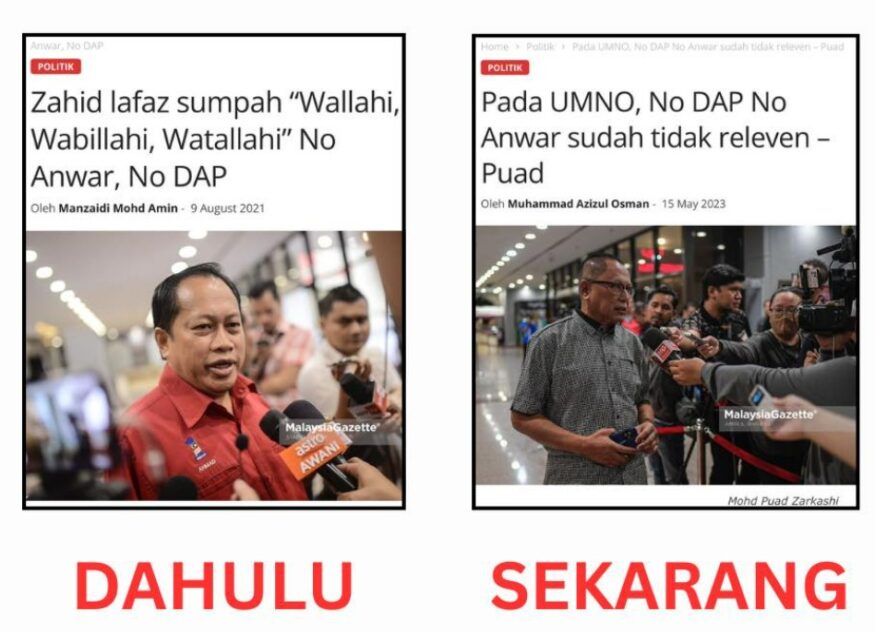The first quarter of 2020 earnings for Sime Darby Plantations Bhd and FGV Holdings Bhd were adversely affected by lower fresh fruit bunch (FFB) output, said HLIB Research.
The research firm noted that compared to 4Q19, the realised crude palm oil (CPO) prices tracked closer to average spot CPO prices (reported by MPOB) in 1Q20, indicating that forward sales were minimal during the quarter.
“We maintain our 2020-2021 average CPO price assumptions of RM2,350-RM2,400/mt for now, as we believe it will take time before full-swing demand recovery takes place,” HLIB Research said.
Lower-than-expected FFB output would normally result in higher CPO production cost and this affected earnings of those companies.
During the quarter, the dip in FFB output was more than mitigated by higher CPO selling prices, which has resulted in some recovery in earnings.
It also noted that weaker quarter-on-quarter and year-on-year performances reported by FGV, Hap Seng Plantations Bhd, and IOI Corp Bhd were due mainly to their more significant exposure to Sabah operations. Apart from the significantly lower FFB output, IOI was also impacted by losses registered at its 30%-owned associate (Loders, as a result of provision for doubtful debts and mark-to-market losses for commodity derivatives).
During the quarterly results, the research house tweaked its FY20-FY21 forecasts and target prices (TPs) for FGV, Hap Seng Plant, IOI and Sime Darby, mainly to account for lower FFB output and higher CPO production cost assumptions.
Post revisions to TPs and share price outperformance, HLIB Research downgraded its ratings on FGV (from hold to sell), Hap Seng Plant (from buy to hold), IOI (from hold to sell), and KLK (from buy to hold).
Since early May, CPO spot price has recovered by circa 15% to RM2,378/mt, fuelled by several positive developments including easing Covid-19 lockdown measures, improved business ties between Malaysia and India, the Indonesian government’s commitment on the B30 programme and the Malaysian government’s recent move to exempt export duty on palm oil products.
HLIB Research said the current palm oil-gas oil (POGO) spread remains uneconomically viable for discretionary blending. It has a neutral stance on the sector, as it believes recent positive news flows have already been reflected in its projections. – June 10, 2020









